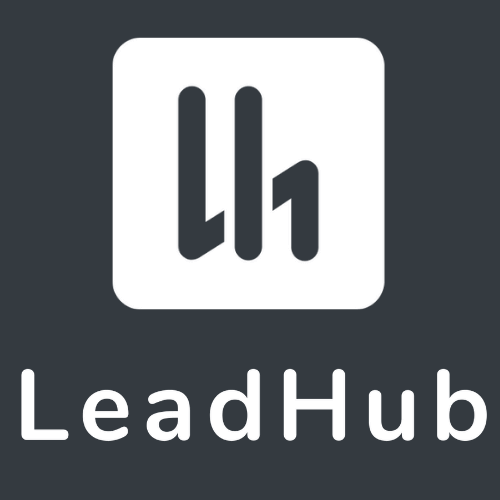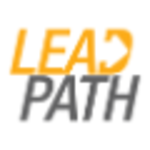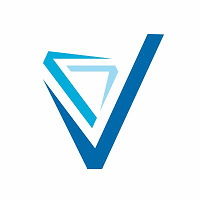Description
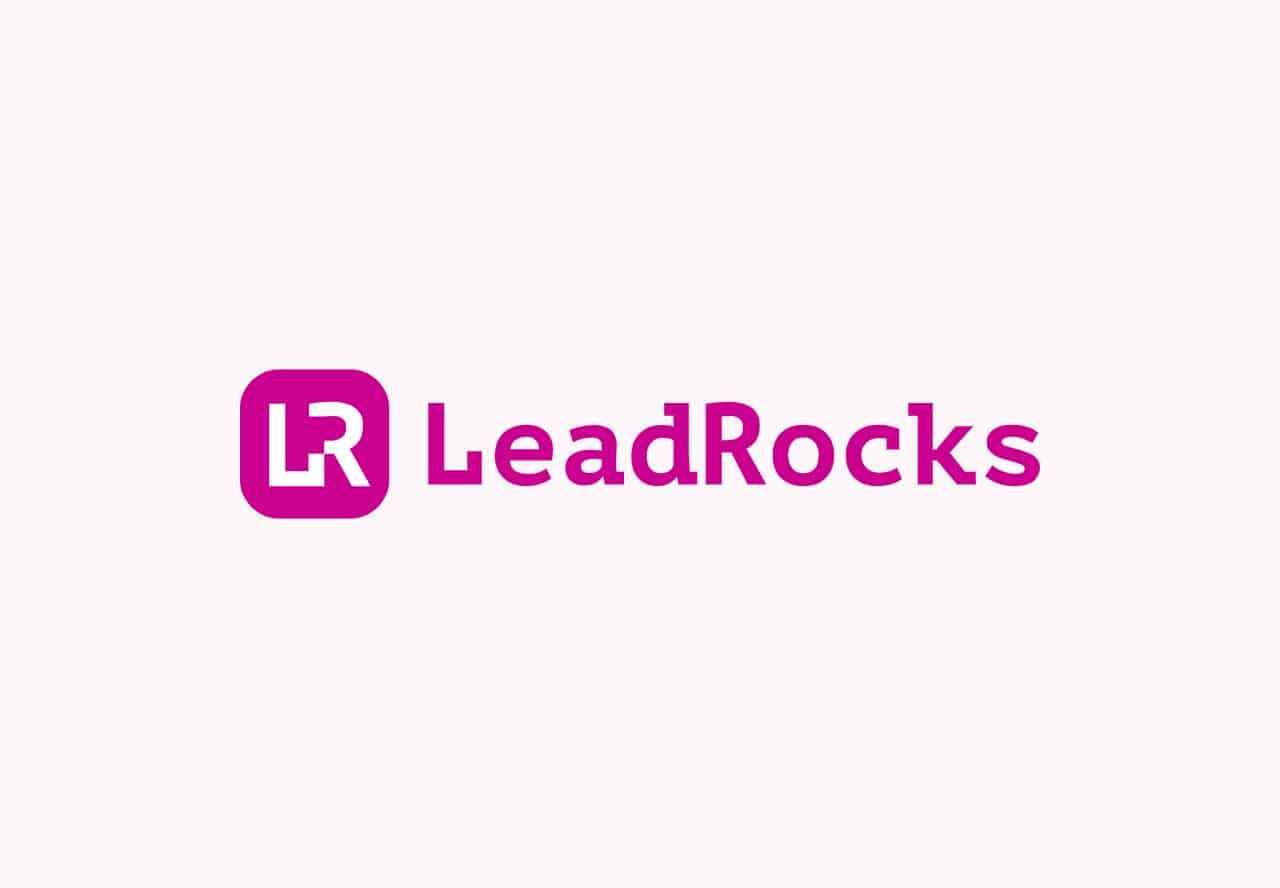
LeadRocks
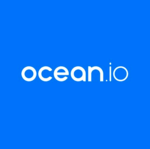
Ocean.io
Comprehensive Overview: LeadRocks vs Ocean.io
LeadRocks and Ocean.io are both software solutions in the sphere of data enrichment, sales intelligence, and lead generation, but they cater to slightly different markets and have unique features. Here's a comprehensive overview:
a) Primary Functions and Target Markets
LeadRocks:
- Primary Functions: LeadRocks focuses on providing businesses with accurate and enriched data for lead generation. The platform offers a searchable database of verified contact information, which can be used for outbound sales campaigns, email marketing, and other sales activities. It emphasizes simplicity and ease of use, helping sales teams quickly access the information they need.
- Target Markets: Primarily small to medium-sized businesses (SMBs), startups, and sales teams looking for quick and efficient access to leads and contact information. It is particularly advantageous for organizations that may not have significant resources to spend on larger and more complex platforms.
Ocean.io:
- Primary Functions: Ocean.io offers a more sophisticated and AI-driven approach to data intelligence. Its functionalities include data enrichment, account-based marketing (ABM), and AI-powered lead scoring and segmentation. The platform helps companies identify the best potential customers and prioritize leads more effectively.
- Target Markets: Medium to large enterprises that require more advanced data analytics capabilities. Ocean.io is typically suited for companies with more complex sales processes and those that are investing in ABM strategies.
b) Market Share and User Base
- LeadRocks: This platform, being more of a straightforward tool, appeals to a broader base of smaller companies and startups. It might not have as large a market share compared to larger platforms, but it is popular among users who need a rapid deployment solution without complexity.
- Ocean.io: Has a smaller but more focused user base due to its sophisticated offerings, appealing to larger companies. Its market share is also influenced by its niche in providing advanced data segmentation and analytics tools. While it's less known among smaller companies, its impact is significant within large-scale enterprises.
c) Key Differentiating Factors
-
Complexity and Capabilities:
- LeadRocks is known for its simplicity and quick implementation, making it a go-to for businesses needing immediate access without a steep learning curve.
- Ocean.io, on the other hand, offers more advanced capabilities like AI-driven insights and is suited for businesses dealing with complex datasets and needing deeper data analysis.
-
Technology and Innovation:
- LeadRocks provides fundamental features necessary for lead generation without extensive customization or additional tools.
- Ocean.io differentiates itself with cutting-edge AI algorithms that provide advanced lead scoring, making it particularly valuable for businesses with a focused ABM strategy.
-
Price Point:
- LeadRocks is designed to be cost-effective, offering essential tools at a competitive price, which is appealing to smaller businesses.
- Ocean.io, with its extensive features, is priced at a premium, reflecting the sophisticated tools and analytics designed for larger enterprises with greater budget flexibility.
-
User Experience and Integration:
- LeadRocks typically emphasizes an easy user experience and integrates well within smaller business ecosystems.
- Ocean.io often integrates more effectively with CRM software like Salesforce and HubSpot and is designed to support detailed reporting and analytics functions within larger tech stacks.
In conclusion, while both LeadRocks and Ocean.io serve the purpose of enriching data and enhancing lead generation, their approach, target markets, and differentiating factors set them apart, making each more suitable for different types of businesses based on size, need for complexity, and budget considerations.
Contact Info

Year founded :
Not Available
Not Available
Not Available
Not Available
Not Available

Year founded :
2017
+49 730 3951950
Not Available
Denmark
http://www.linkedin.com/company/ocean.io
Feature Similarity Breakdown: LeadRocks, Ocean.io
As of my last update, both LeadRocks and Ocean.io are tools focused on lead generation and sales prospecting. Here's a breakdown of their feature similarities and differences:
a) Core Features in Common
-
Lead Database: Both platforms offer access to extensive databases of potential leads. They allow users to search and filter contacts based on various criteria like industry, job title, company size, and more.
-
Data Enrichment: Both tools provide data enrichment capabilities, allowing users to gather additional information about their leads, such as contact information, company details, and social profiles.
-
Export Functionality: Users can export lead data in various formats to be used in other sales and marketing platforms.
-
Integration Options: Both LeadRocks and Ocean.io offer integrations with popular CRM systems, helping streamline the workflow by automatically syncing data between platforms.
b) User Interface Comparison
-
LeadRocks: Generally designed with a focus on simplicity and ease of use. It prioritizes quick access to core functionalities with a clean and straightforward layout. It may focus on practical access to key tools without overwhelming the user with too many options on each screen.
-
Ocean.io: Tends to offer a more visually polished interface with potentially more complex navigation due to advanced features. The focus might be on delivering a holistic view of market insights and data trends, often featuring dynamic visuals and reports.
c) Unique Features
-
LeadRocks:
- Intent Data: While not always available on every data platform, LeadRocks may offer intent-driven data insights, identifying leads most likely to convert based on their actions or interests.
- Automation Tools: Features that enable users to automate aspects of their lead generation and engagement process.
-
Ocean.io:
- AI-Powered Insights: Ocean.io often emphasizes its artificial intelligence capabilities, using AI to analyze and identify the best possible leads and market opportunities.
- Market Insights: Beyond just lead generation, Ocean.io might provide enhanced market insights and analytics functionalities to help users understand broader trends in their target industries.
These distinctions could be subject to change as products are updated, so it’s always a good idea to check the latest information from each company’s website or through direct customer support inquiries for the most current features and offerings.
Features

Not Available

Not Available
Best Fit Use Cases: LeadRocks, Ocean.io
LeadRocks and Ocean.io are both tools designed to aid in lead generation, prospecting, and data-driven sales and marketing strategies, but they cater to slightly different needs and scenarios.
a) LeadRocks Best Fit Use Cases
For what types of businesses or projects is LeadRocks the best choice?
-
Small to Medium-Sized Enterprises (SMEs): LeadRocks is particularly suited for SMEs looking for a straightforward, cost-effective solution to identify and reach out to potential customers. Its platform is user-friendly and does not require extensive training or integration efforts.
-
Startups and Bootstrapped Companies: Given its ease of use and affordability, startups with limited resources or budget constraints can leverage LeadRocks to quickly build their client base without a significant up-front investment.
-
B2B Businesses Focused on Direct Outreach: Companies that rely heavily on direct outreach methods such as cold emailing or calling will find LeadRocks effective due to its ability to provide accurate contact information for leads.
-
Sales Teams with Limited Technical Expertise: With a simple and intuitive interface, sales teams that may lack technical expertise can still utilize LeadRocks effectively without having to deal with a steep learning curve.
b) Ocean.io Preferred Use Cases
In what scenarios would Ocean.io be the preferred option?
-
Mid to Large Enterprises: Ocean.io is tailored for companies that require a more comprehensive and robust platform that can handle large volumes of data and complex lead generation processes.
-
Advanced Segmentation and Analytics Needs: Businesses that require sophisticated segmentation and targeting capabilities, alongside analytical tools to fine-tune their marketing efforts, would benefit from Ocean.io’s platform.
-
Industries with Specific Targeting Needs: Companies in industries like technology, finance, or healthcare, which often require precise targeting and rich company insights, could leverage Ocean.io’s capabilities to effectively reach their desired audience.
-
Teams Focused on Data-Driven Strategies: Marketing and sales teams that prioritize data-driven decision-making and need detailed insights into leads for personalized campaigns will find the comprehensive data analytics features of Ocean.io advantageous.
d) Catering to Different Industry Verticals or Company Sizes
-
LeadRocks:
- Verticals: Ideal for industries with straightforward prospecting needs such as local services, tech, consulting, or any B2B sector where basic contact information suffices for outreach.
- Company Sizes: Primarily benefits smaller companies (startups, SMEs) due to its affordability and ease of use, but can also be utilized by larger companies for basic prospecting tasks.
-
Ocean.io:
- Verticals: Well-suited for industry sectors that require detailed company data and insights, like tech, finance, or healthcare, where precision in targeting and a deep understanding of the market is crucial.
- Company Sizes: Best for mid to large enterprises that need to manage large datasets and require advanced tools for segmenting, analyzing, and engaging their lead base.
In summary, LeadRocks is optimal for businesses seeking a cost-effective, easy-to-use solution for direct prospecting, while Ocean.io is ideal for larger organizations that need a sophisticated tool for in-depth data analysis and strategic market targeting.
Pricing

Pricing Not Available

Pricing Not Available
Metrics History
Metrics History
Comparing teamSize across companies
Conclusion & Final Verdict: LeadRocks vs Ocean.io
To determine which product offers the best overall value between LeadRocks and Ocean.io, we need to assess both based on factors such as features, pricing, usability, data accuracy, customer support, and use-case applicability.
a) Best Overall Value
Ocean.io generally offers the best overall value for businesses seeking a robust and comprehensive data platform. Its strength lies in extensive data coverage, powerful targeting features, and its ability to cater to more substantial enterprise needs with its scalable platform.
b) Pros and Cons
LeadRocks:
-
Pros:
- Affordability: Typically offers lower pricing plans, making it accessible to small and medium-sized businesses.
- Ease of Use: User-friendly interface that requires minimal technical expertise.
- Focus on Lead Generation: Particularly designed for lead generation, which could benefit sales teams specifically focused on growing contacts and prospects.
-
Cons:
- Limited Features: Compared to Ocean.io, it might lack in-depth analysis tools and advanced integration options.
- Smaller Data Sets: May not have as extensive a data set as Ocean.io, which could be a disadvantage for companies seeking comprehensive global coverage.
Ocean.io:
-
Pros:
- Comprehensive Data: Extensive data coverage provides detailed insights into the target markets.
- Advanced Features: Offers features like enterprise account management, AI-driven insights, and highly customizable segmenting capabilities.
- Scalability: Supports larger organizations with features that can cater to complex and evolving business needs.
-
Cons:
- Higher Cost: Can be more expensive, which might be prohibitive for smaller businesses.
- Complexity: The extensive features might require a steeper learning curve and more training for new users.
c) Recommendations
-
For Small to Medium Businesses (SMBs): LeadRocks may be a more suitable option due to its affordability and straightforward approach. For companies primarily focused on straightforward lead generation and possessing budget constraints, LeadRocks provides a viable solution without unnecessary complexity.
-
For Large Enterprises and Data-Intensive Businesses: Ocean.io is recommended due to its powerful analytics, scalability, and comprehensive data coverage. Organizations looking for deep insights and sophisticated targeting to support large sales and marketing operations will benefit from the investment in Ocean.io.
-
Trial and Evaluation: Users should take advantage of free trials, if available, and closely evaluate their specific needs against the offerings of each platform. Considering aspects like team size, technical expertise, and strategic goals will aid in making a more informed decision.
In conclusion, while both LeadRocks and Ocean.io have their strengths, Ocean.io stands out for larger enterprises needing extensive capabilities and data insights, whereas LeadRocks might capture the interest of smaller businesses prioritizing cost-effectiveness.
Add to compare
Add similar companies
